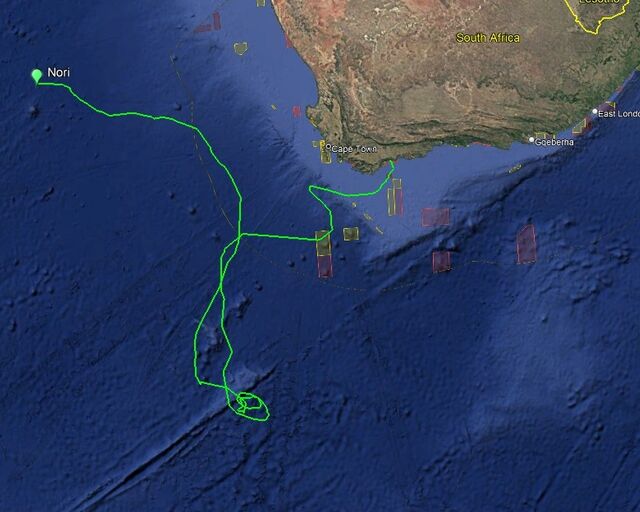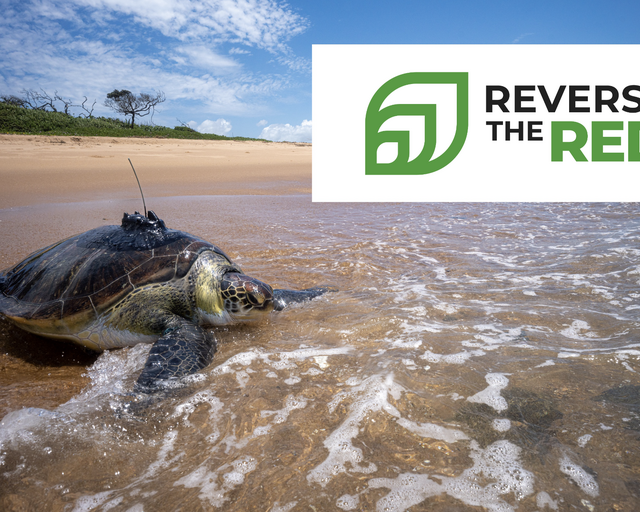Why should I waddle for the African penguin?
In just 100 years, African penguin numbers have plummeted from over 1.5 million to fewer than ~8 750 pairs today. Their situation is dire, and while many organisations are doing incredible work to protect them, the African penguin still needs public support to remain a conservation priority. Last year, we held the biggest waddle ever - can we top that in 2025 and say “NOT ON OUR WATCH”?
To rally support and raise awareness, the Two Oceans Aquarium, in partnership with Guardians of the Deep and SANCCOB, is hosting the Waddle for the African Penguin on Saturday, 11 October 2025.
But why are we waddling?
Why are African penguins going extinct?
African penguins (the only penguin species on the African continent) are listed as Critically Endangered on the IUCN’s Red List of Threatened Species, and their numbers have been pushed to breaking point. Current estimates suggest that there are just ~8 750 breeding pairs left in the wild. If their numbers continue to decline at their current rate, these charismatic birds will be functionally extinct in the wild within a decade.
One of the biggest threats to African penguins is food availability. Penguins rely on small fish, like anchovies and sardines, for food. However, overfishing has decimated fish stocks and shifted their distribution, meaning that penguins are struggling to find sufficient food for themselves and their chicks. African penguins are in direct competition with industrial fisheries! Furthermore, climate change has altered the marine ecosystem, resulting in significant biodiversity loss and habitat degradation. So, adult penguins must swim further than ever from their nesting grounds to find food. This compromises the health of their chicks and the adults themselves.
Further dangers to the African penguin populations are posed by the expansion of harbours and increased ship traffic, as many colonies are based near existing or planned shipping routes or ports. This expansion goes hand-in-hand with the higher risk of oil spills and marine noise pollution.
Historically, African penguin eggs and guano were harvested to the point of collapse. African penguins burrow into the substrate to make nests, so harvesting left them with scant nesting grounds. Although this practice is no longer allowed, the continued lack of nesting habitat is a concern, as it leaves eggs and chicks vulnerable to predation.
Faced with so much adversity, South Africa’s African penguin population needs all the help they can get. As a community, our voices matter. By joining the waddle, we not only show visible support but also call on our leaders and policymakers to prioritise penguin conservation.
How can you help? Waddle with us!
We're making our voices heard by waddling from Simon’s Town, along the Boulders Beach boardwalk, to finish at Seaforth Beach. We'd love you to join us!
As long as we are dedicated to affecting positive change and raising awareness, the African penguin has a brighter future! So, waddle you waiting for?
Related News
Sign up to our Newsletter
Receive monthly news, online courses and conservation programmes.


